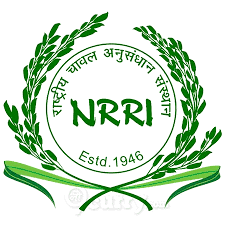Back to Directory
National Rice Research Institute (India)

Organization's Acronym:
NRRI
Web Address:
http://icar-nrri.in/home/
Email Address:
Published by:
Focus Region:
Asia and the Pacific
Focus Country:
India
India’s National Rice Research Institute (NRRI) is an institution dedicated to improving the income and quality of life of rice farmers in the country. NRRI is part of the Indian Council of Agricultural Research (ICAR), which is governed by India’s Ministry of Agriculture and Farmers Welfare.
NRRI not only played a key role in ushering the country of an ear of green revolution heading to self-sufficiency in food grain supply in about 25 years from its inception, but also brought glory to the national by providing research support in rice to become the second largest exporter of rice in the world in the recent years.
Its objectives are:
- To conduct basic, applied and adaptive research on crop improvement and resource management for increasing and stabilizing rice productivity in different rice ecosystems with special emphasis on rainfed ecosystems and the related abiotic stresses.
- Generation of appropriate technology through applied research for increasing and sustaining productivity and income from rice and rice-based cropping/farming systems in all the ecosystems in view of decline in per capita availability of land.
- Collection, evaluation, conservation and exchange of rice germplasm and distribution of improved plant materials to different national and regional research centres.
- Development of technology for integrated pest, disease and nutrient management for various farming situations.
- Characterization of rice environment in the country and evaluation of physical, biological, socio-economic and institutional constraints to rice production under different agro-ecological conditions and in farmers’ situations and develop remedial measures for their amelioration.
- To maintain database on rice ecology, ecosystems, farming situations and comprehensive rice statistics for the country as a whole in relation to their potential productivity and profitability.
- To impart training to rice research workers, trainers and subject matter/extension specialists on improved rice production and rice-based cropping and farming systems.
- To collect and maintain information on all aspects of rice and rice-based cropping and farming systems in the country.